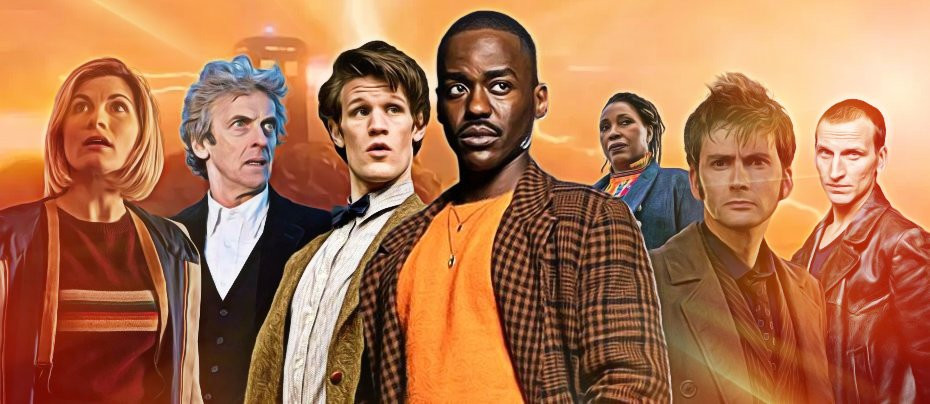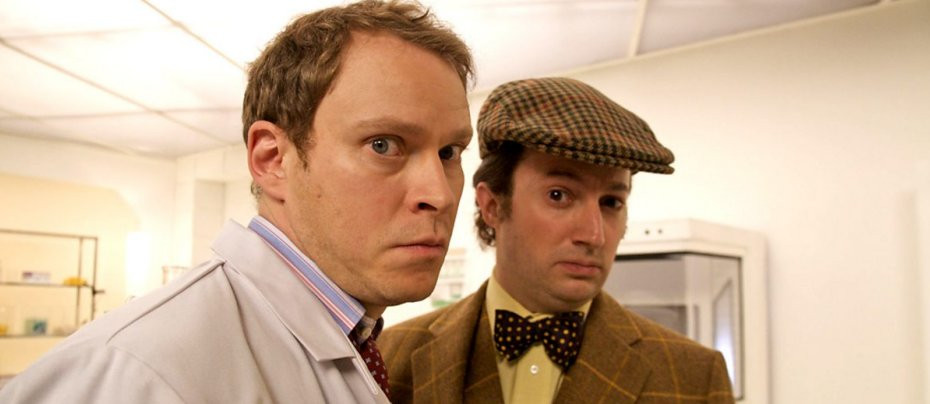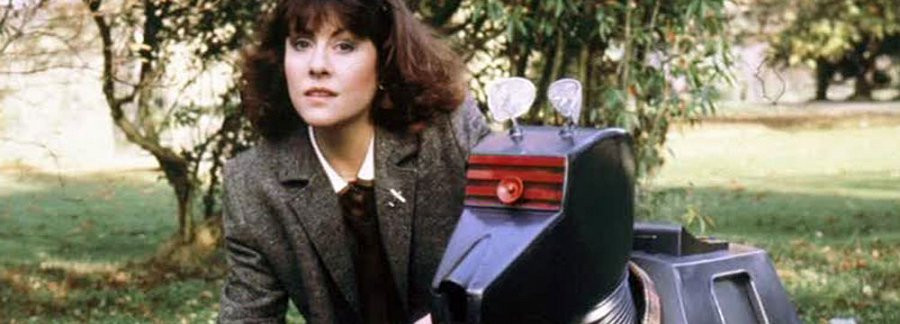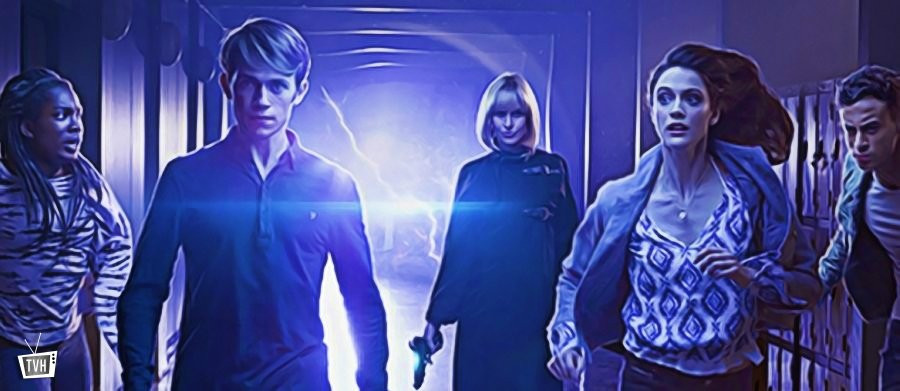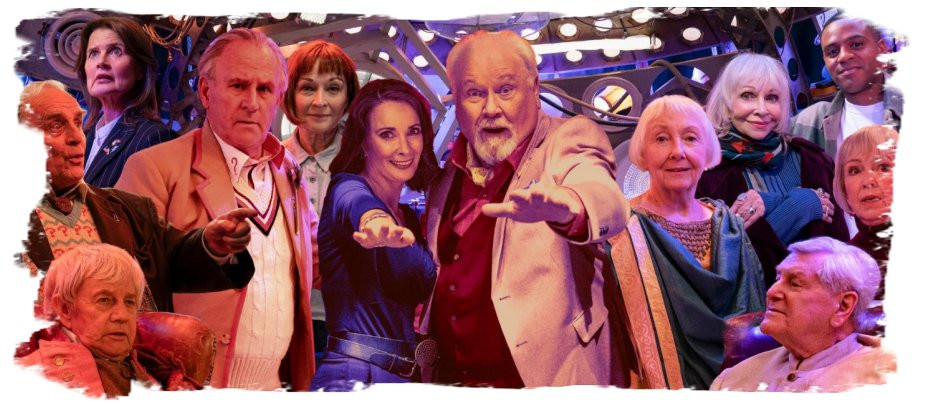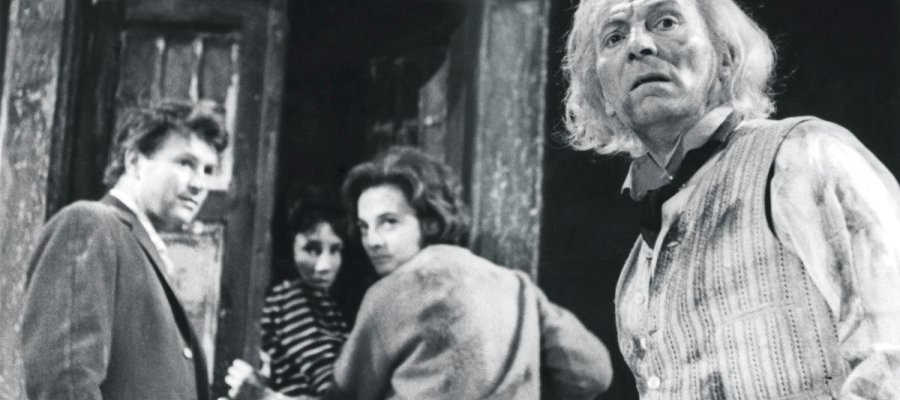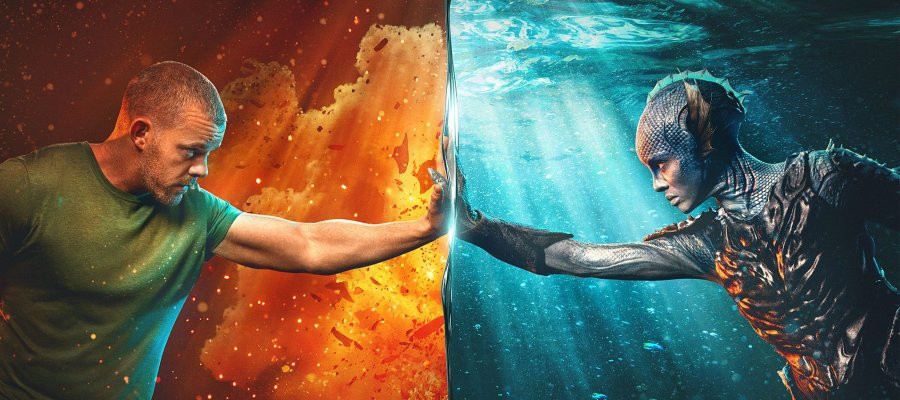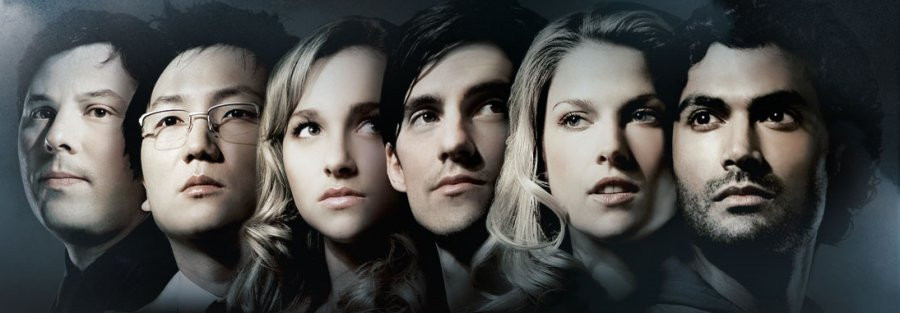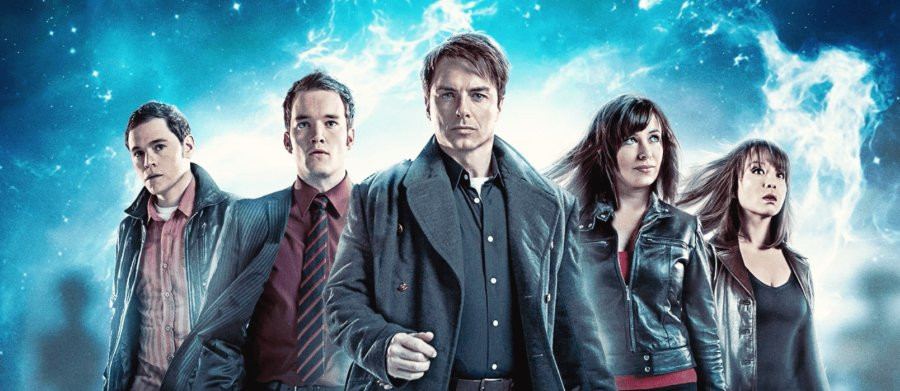
Torchwood
2006 - United KingdomConceived as a deliberately more "adult" spin-off from Russell T Davies' revival of Doctor Who, the basic premise of Torchwood is that an old-established secret organisation for countering extraterrestrial threats and the like has a secret underground base in the heart of Cardiff Bay. Note the double use of the word "secret." We will get back to it.
This begs the obvious question: why base your secret organisation in Cardiff rather than in, say, London or New York? The pretext is that it seems that there is, apparently, a "rift" in time and space that just happens to run through the Welsh capital, or something like that.
The real reason is that it was already the production base for Doctor Who, so it made logistic and commercial sense to film in and around the City.
In fact the BBC has long had a policy of trying to move production out of London and into the outlying regions of the UK, partly out of a paternalistic benevolence on the part of Beeb managers in the Metropolis, but mainly because it is a lot cheaper to film there. The BBC's operation in Cardiff was already one of its best developed, due not least to its tradition of producing dedicated Welsh programming, and so Davies was able to get Doctor Who made in his native land.

Having basically played London in Doctor Who , in Torchwood Cardiff gets to play itself - and rises to the occasion magnificently. Some of the initial media reviews described the City as the real star of Torchwood and the first two seasons play like an extended advertisement for Cardiff's transformation in recent years, especially the redevelopment of its Bay waterfront.
At the time of the original Doctor Who , the Jon Pertwee and Tom Baker years, Cardiff was a dingy old coal town in visible decay. Huge investment in the 1980s and 90s turned it around, and Torchwood showcased the change to the world. It is now the epitome of the bright, dynamic 21st Century City. Nightime helicopter shots make it look like Las Vegas. Ironically, an early joke about 'CSI: Cardiff' actually sums up the aesthetic of Torchwood quite accurately.
Yet Cardiff is still Cardiff. The best scene in the whole series is shown from the point of view of an elderly lady watching Torchwood agents pursuing a large fish-like alien who is driving a sports car.
"Bloody Torchwood," she mutters.
Double secret is a meaningless concept in a gossipy Welsh city. As in Buffy the Vampire Slayer's hunting ground of Sunnydale, everyone knows something is going on. The real Cardiff would not be at all surprised if there was a space-time rift in the City.

The official star of the series is John Barrowman as Captain Jack Harkness, an apparently immortal hero, introduced in Doctor Who, who commands the team. Toning down his trademark flamboyance for once, Barrowman proves a surprisingly traditional leading man - and very good he is too. Brave, handsome, and a natural leader, Harkness looks as if he has just stepped off the cover of the 'Boy's Own Paper,' but Barrowman gives him a nice shade of melancholy. This is a man who has lived too long: his awareness of the impermanence of all things forces him to try to avoid attachment but he finds it impossible.
A welcome contrast with his world weariness is provided by no nonsense Gwen Cooper (Eve Myles), a Welsh police officer co-opted by 'Torchwood.' Although Myles was described, a bit bizarrely, by Michael Gove, MP, as "a Celtic Rossellini," Gwen's real strength is an almost maternal warmth and practicality that would make her an asset to any team.
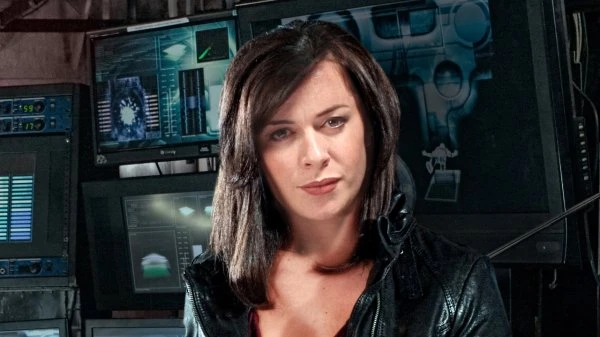
Her human touch is sorely needed, because it has to be said that the other characters are not particularly likeable and the show itself reflects Davies' rather bleak view of the world - and, indeed, the universe. Davies is a very talented and culturally literate writer, but his career shows certain obsessions, about which he has fixed opinions, most obviously about sexuality and religion. The BBC appears to be sympathetic to them and in Torchwood, even more than in Doctor Who, gave him free rein to express them.
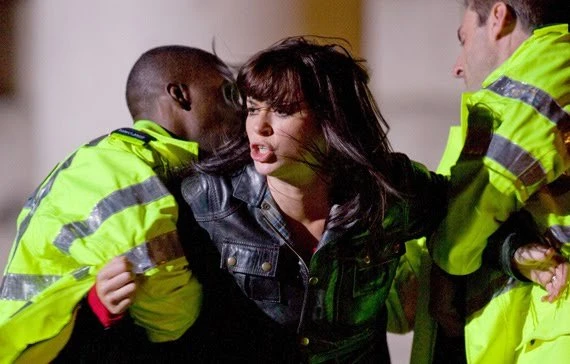
Davies' universe comes across as an unfeeling place in which only transient couplings distract from what he seems to see as the essential meaninglessness of existence. Faith, family, friendship, and community have little or no importance there. Those who share this perspective will appreciate it in all its brutality in Torchwood, while those who do not may be repelled by it.
Either way, the net effect in dramatic terms is a definite coldness. The tone is set in the beginning in a scene in which the team try to get information out a man brought back very temporarily from the dead. There is little in the way of care or compassion.

After two relatively cheerful seasons of alien hunting around Cardiff, the show took an even darker turn with the third, in effect a mini-series called 'Children of Earth.' Dramatically, it was a great success, thanks mainly to an outstanding performance from future 'Doctor Who' Peter Capaldi as a civil servant faced with an impossible decision. The script raised some interesting questions, but in the end it failed to convince. Would people really respond to a moral dilemma as immorally as Davies and his co-writers assume they would? Perhaps most people are not as he portrays them in his universe.
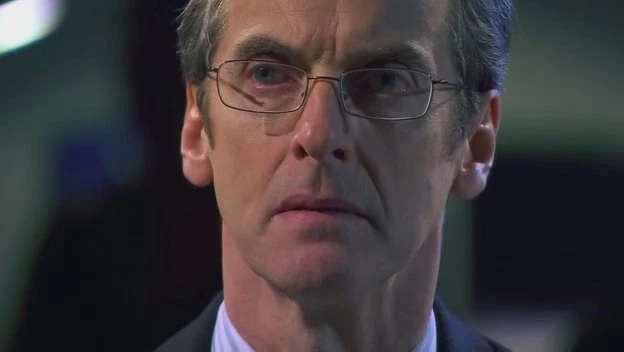
The final season, to date, subtitled 'Miracle Day,' was a joint venture which showed, once again, that the British and American styles of television do not really mix.
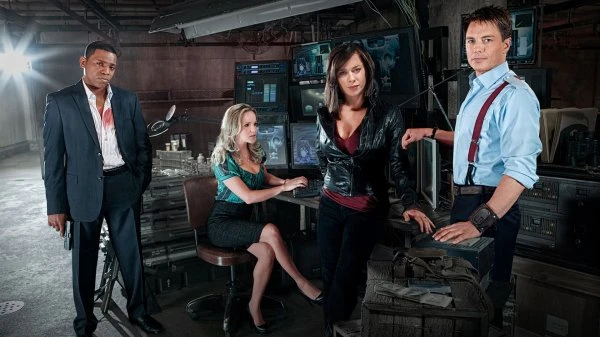
Indeed, it is interesting to imagine what writers trained in the American style might have made of it from the start. Perhaps they could have produced something closer in tone to a more grown up version of 'Buffy' or Warehouse 13 that was warmer, more human, more humane. As it was, Torchwood was often entertaining and usually interesting, but in the end it was neither as likeable nor as thoughtful as it could have been, and so it fell short of the classic status the winning combination of Barrowman, Myles, and Cardiff had the potential to achieve.
Seen this show? How do you rate it?
Seen this show? How do you rate it?
Published on December 12th, 2019. Written by John Winterson Richards for Television Heaven.


